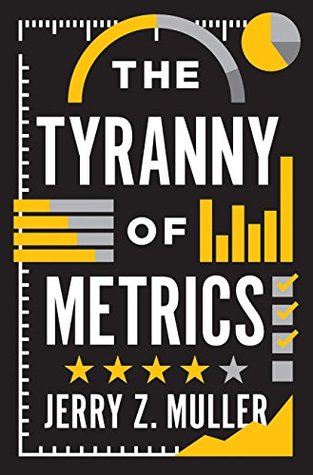More on this book
Community
Kindle Notes & Highlights
There are things that can be measured. There are things that are worth measuring. But what can be measured is not always what is worth measuring; what gets measured may have no relationship to what we really want to know. The costs of measuring may be greater than the benefits. The things that get measured may draw effort away from the things we really care about. And measurement may provide us with distorted knowledge—knowledge that seems solid but is actually deceptive.
If what is actually measured is a reasonable proxy for what is intended to be measured, and if it is combined with judgment, then measurement can help practitioners to assess their own performance, both for individuals and for organizations. But problems arise when such measures become the criteria used to reward and punish—when metrics become the basis of pay-for-performance or ratings.
Metric fixation leads to a diversion of resources away from frontline producers toward managers,
Yet although there is a large body of scholarship in the fields of psychology and economics that call into question the premises and effectiveness of pay for measured performance, that literature seems to have done little to halt the spread of metric fixation.
Whenever reward is tied to measured performance, metric fixation invites gaming.
“Campbell’s Law,” named for the American social psychologist Donald T. Campbell, holds that “[t]he more any quantitative social indicator is used for social decision-making, the more subject it will be to corruption pressures and the more apt it will be to distort and corrupt the social processes it is intended to monitor.”
anything that can be measured and rewarded will be gamed.
Studies that demonstrate its lack of effectiveness are either ignored, or met with the assertion that what is needed is more data and better measurement.
there are settings in which metrics, in its various forms, works well. But there are many circumstances in which metric accountability is more dysfunctional than functional, or in which its costs outweigh its benefits.


